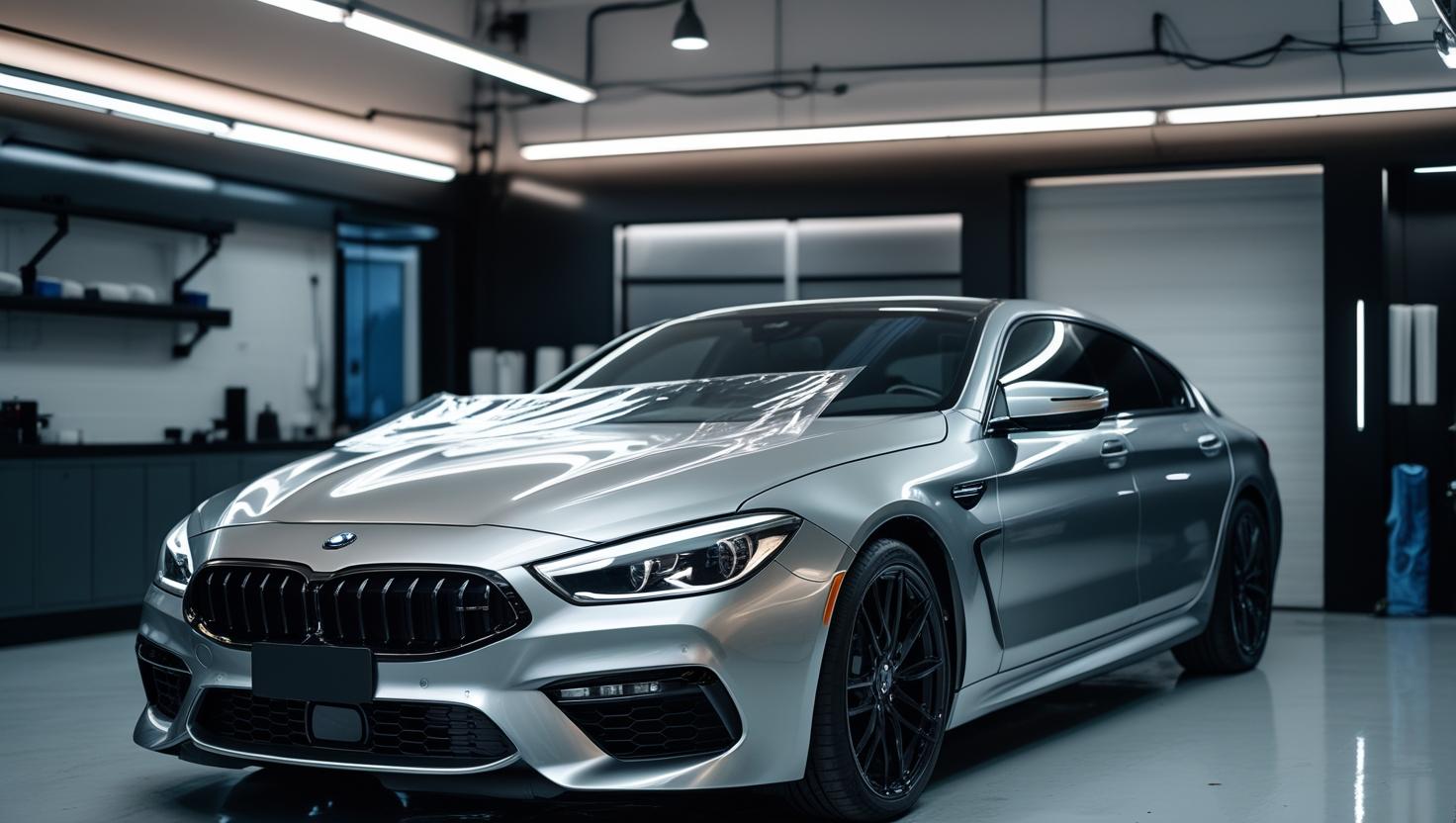For car enthusiasts and everyday drivers alike, maintaining a vehicle’s exterior isn’t just about aesthetics—it’s about long-term value. One of the most popular options for preserving paint is Paint Protection Film (PPF), but many people still wonder: Is PPF really worth the investment? In this article, we’ll break down what PPF does, how it compares to other forms of protection, and whether it’s the right choice for your vehicle.
What Is Paint Protection Film?
Paint Protection Film is a clear, durable, polyurethane-based material that’s applied directly over a vehicle’s painted surfaces. It serves as a physical barrier against environmental hazards like stone chips, scratches, road salt, bird droppings, and even UV rays. Unlike waxes or ceramic coatings, PPF can actually absorb and deflect physical impacts—making it the most robust form of exterior protection on the market.
Key Benefits of PPF
- Self-Healing Properties: Minor scratches and swirl marks often disappear with heat (from the sun or a warm engine bay), keeping the surface smooth and flawless.
- UV and Stain Resistance: Prevents discoloration and fading caused by sun exposure and chemical contaminants.
- Preserves Resale Value: By maintaining the original factory paint, PPF helps your vehicle retain more of its value when it’s time to sell or trade in.
PPF vs. Other Protection Options
Ceramic coatings and waxes offer excellent water repellency and ease of cleaning, but they don’t protect against rock chips or deep scratches. PPF, on the other hand, is designed to handle physical damage while still providing a glossy, near-invisible finish. For the best of both worlds, many vehicle owners choose to apply PPF first, then layer a ceramic coating over it for added slickness and hydrophobic properties.
Is It Worth It?
If you plan to keep your vehicle long-term, drive often, or simply care about keeping it in pristine condition, PPF is absolutely worth considering. While it may come with a higher upfront cost, the long-term savings on paint repair and detailing can more than make up for it—not to mention the peace of mind every time you hit the road.

